The Power of Ritual and Why We So Desperately Need It
What rituals do you have, and why are they important to you?
This is the @ecotrain question of the week, and it is a question near and dear to my heart.
I think it's good to begin by clarifying what a ritual is. I think when I first began to dig into this topic, I thought of rituals as unnecessary fluff. I grew up southern baptist, so this should be no surprise. The whole Protestant thing is cutting out the ritual and the middle man. In my mind, you had a connection to God that was personal, and that didn't require any extras.
This was a big, fat "no" for me.
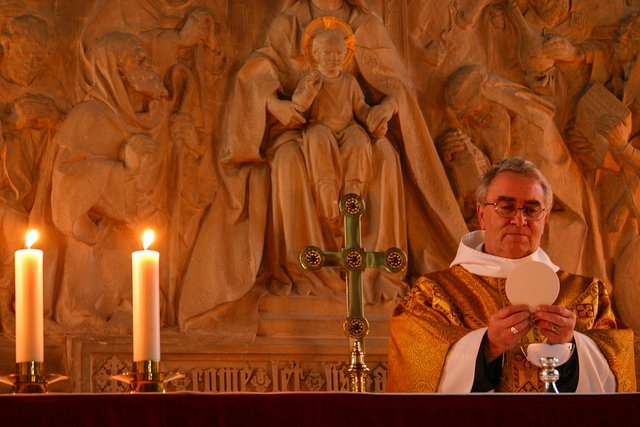
I still think that's true. I don't believe you need to do or say or drink or eat anything to connect with the divine. I think people need ritual, though. I think it satisfies something deep in our souls, and I think it often does help us feel closer to God. It's like a time stamp and an acknowledgement of who and where we are. I think it helps us feel connected to ourselves and each other, and I think it helps us transition to next.
Ritual doesn't have to be any kind of big production. It doesn't have to involve words even, but I think it does differ from a routine or schedule. I have a list on my fridge of all the things I need to do each day. This is so I don't forget to do shit like bring the laundry in before dark or take dinner out of the freezer before 5:00. I don't consider most of it ritual, though I do consider checking my list a ritual. I think it's about intention. Some things I do with a very set intention, and checking my list is definitely one. I go to my list to gain clarity and free up mental clutter of worries about what I might have forgotten to do.
I also consider my morning meditation and glad heart list as rituals. My morning snuggles with my babies are a ritual. I try to make cooking a ritual because food cooked with intention is so much healthier.
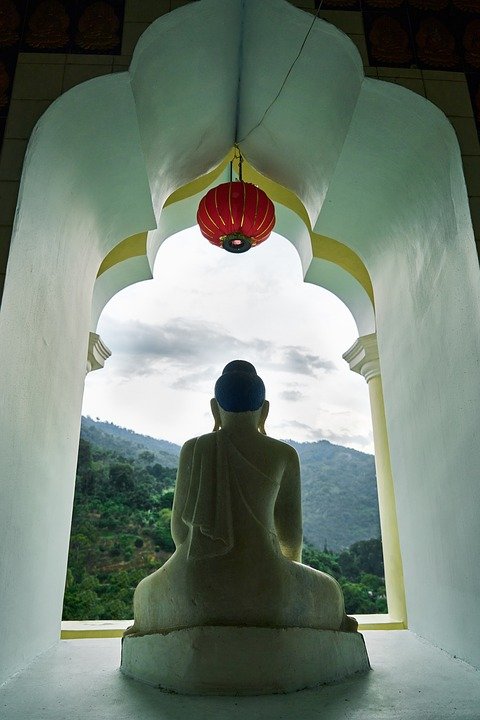
My morning meditation is critical to my mental well being. I have struggled with depression, and I feel sure my meditation practice is a part of what kept me going. I usually do it first thing after kids crawl out of my bed. I usually check messenger to make sure there's nothing urgent from my big kids, and I occasionally let the dog out if I sense she's gonna drive me nuts. I don't let myself on any social media before my meditation, and I don't check emails. It's crucial for me to begin my day with peace and clarity. This is, in a way, the same reason the morning snuggles are important. Beginning each day by connecting physically and emotionally to my children is so important in helping us remain connected through the day, particularly since they're done nursing.
My glad heart list is about focus. This, too, was part of carrying me through depression. Even though I couldn't often connect deeply with the things I was grateful for, I totally believe in fake it till you make it. There are few things more important than taking note of what makes your heart sing and swoon, and I think doing it every day has been an incredible blessing.
Cooking can so easily become mundane. It's so much better with heart and intention. Have you ever read Like Water for Chocolate? It's all about putting your heart in your cooking. I think this can be an important ritual, and I want to make an effort to move it in that direction.
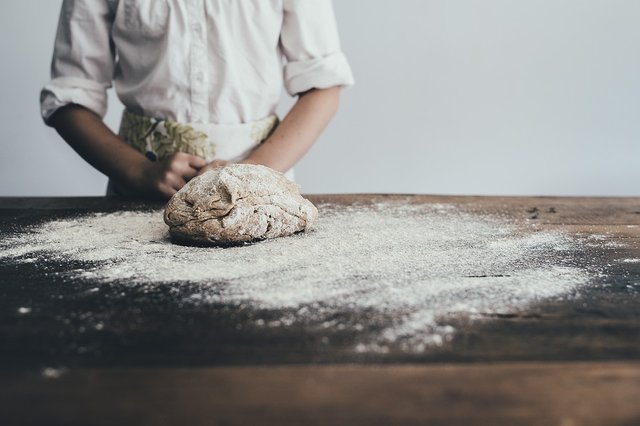
We live a very unstructured life in this house, so it can be a challenge to develop rituals. We eat when hungry and sleep when tired. We read books when we feel like it, and my kids probably don't shower as much as they should. When I had a bathtub, that was a really important ritual for me. Immersing myself in water centers and grounds me like nothing else. The hotter, the better. I look forward to having one again.
This all began for me, though, in conversations about rituals honoring the stages and changes of life. In my mid twenties I was introduced to the work of Malidoma Some. He's from a rural area of Burkina Faso. His name means “friends with the enemy.” He was named in what is the first ritual for a child there. Long before the child is born, sometimes before the child is conceived, the grandfather communes with the ancestors to name the child.
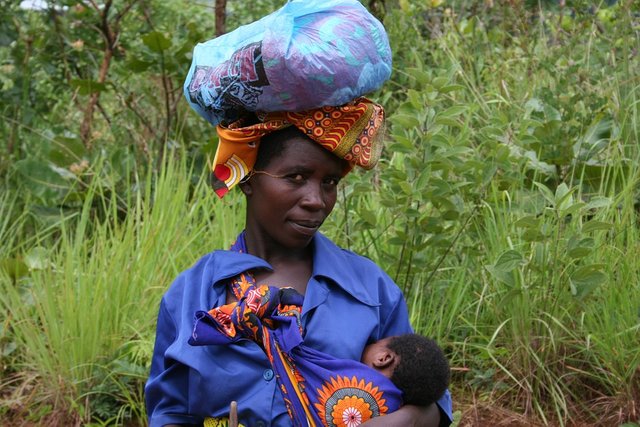
As it turned out, Malidoma was kidnapped at a young age by missionaries and sent eventually to school in France. He was not allowed to speak his language or practice any of his customs. He was taught that his people were savages. Eventually it clicked for him, and he returned to his village. He was in his early 20s and had missed a lot of coming of age rituals. He had to go through them to be fully accepted back into the community. So he went through them one after another. His story is captivating, and I highly recommend it. He has spent his life since traveling and sharing with people the importance of ritual in acknowledging passages and transitions. He sees much of the mental and emotional suffering of people in the west as directly related to the total absence of ritual. Young boys, in particular, have no marker of having reached manhood. They're simply eventually thrown out into the world, or worse, handed a gun and a bullshit line of patriotic horse shit. They desperately need challenges and acknowledgements to recognize their place in the community and feel connected. It's not much better for girls, though a moon cycle is at least a physical indicator of a life passage.
I've done birth rituals of various kinds with my children. These are, I think, so very important. They acknowledge the biggest transition, from spirit into form. You can do whatever speaks to your heart, but I think it's nice to welcome them and offer a blessing. I really love water blessings. Burying a portion of the placenta is also nice, though I've only done that once. Having everyone in the community offer a blessing and a flower or other token is also really touching. Acknowledging the mother and her transition is also really important.
I haven't done as much as I'd like with coming of age rituals. I did do a weaning ritual with my oldest. It was mostly an effort to convince him that 4.5 years was long enough, but it ended up being a really beautiful acknowledgement of him beginning to separate from me. Without question there will be a ritual when I get to menopause. It is a huge event in a woman's life, and we ought to honor it. Not only does it mean the end of birthing years, it also marks my transition to radical nana hood. I plan to cause all kinds of mischief in my second half of life.
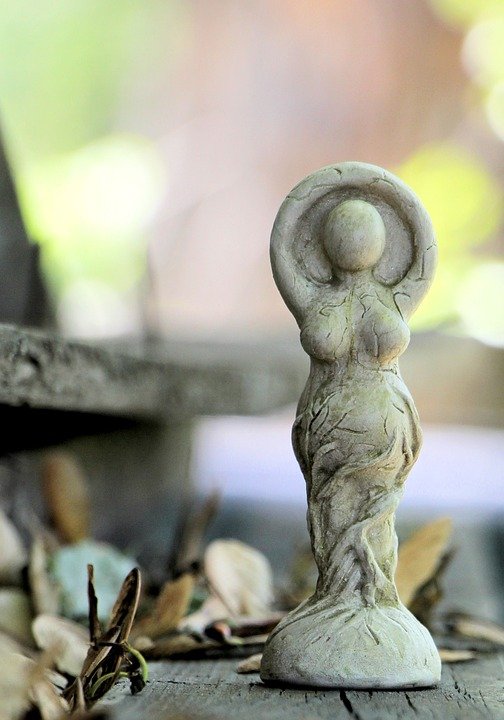
So, I stand by what I said about not needing ritual to connect to God, but it's easy to see how all these things powerfully connect us to the force of creation. I do also really love spiritual rituals. This is where ritual sort of morphs into ceremony, but I feel it's an important piece for me.
The sweat lodge ceremony is my favorite, so I'll stick with mentioning just this one for now. It is so stunningly rich that it's hard to even put into words. It is intentional gratitude and purification. You have to completely set down your will and your ego and lay your heart at the feet of God. It is humbling and enriching, and it is profound in its ability to connect together a community. I highly recommend it, but I do suggest going to an Indigenous American (there are several tribes that practice sweat lodge) or at the very least someone who was trained by an Indigenous person. Don't touch paid lodges with a ten foot pole, and always be wary of non indigenous people who pretend to know more than they do. That said, many indigenous people believe it is important to share ceremony with others right now as the world is in a challenging transition.
Anything can be a ritual if we just put intention and heart into it. Please share your thoughts. Sometimes it takes 5 days, but I always respond.
Much love, y’all!
As always, all pics are mine or pixabay unless otherwise noted.
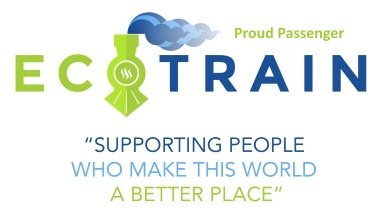

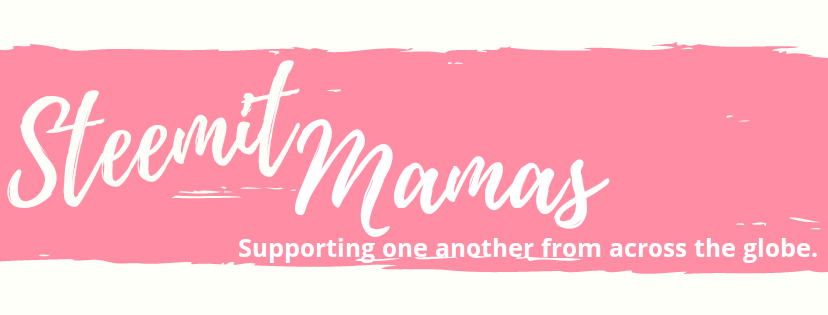 )](https://discord.gg/qfu4yRE)
)](https://discord.gg/qfu4yRE)

I upvoted your post.
Best regards,
@Council
Posted using https://Steeming.com condenser site.
Thank you.